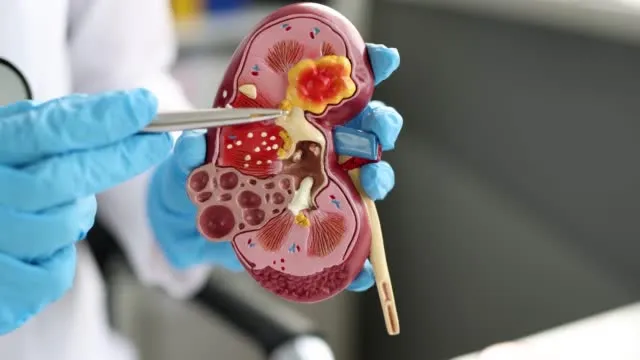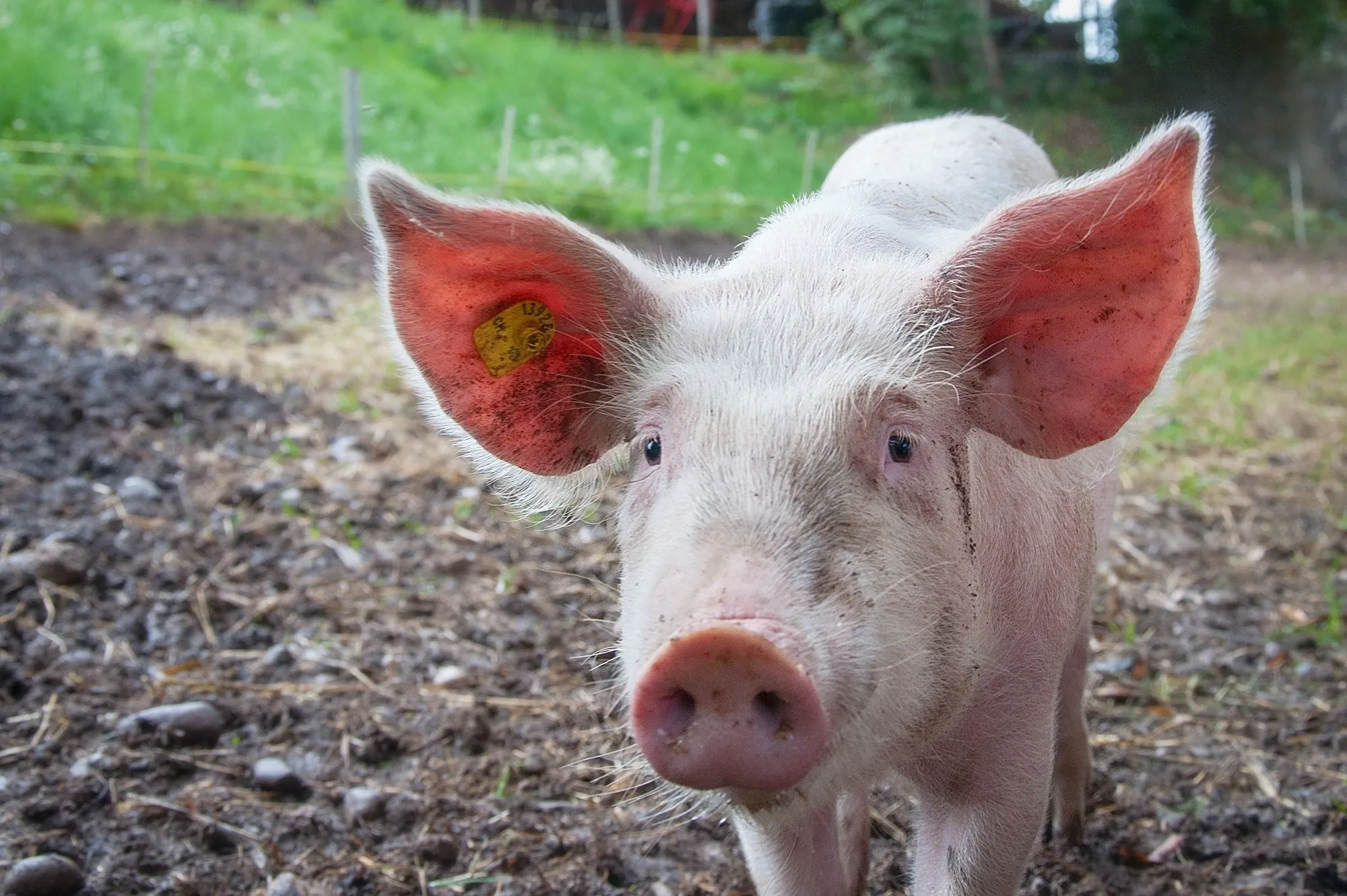A large team of researchers from several universities and hospitals in the US report that they have found a way to help reduce the risk of transplant rejection when transplanting pig kidneys into monkeys, according to Medical Express.
One of the main treatments for people with kidney failure is organ transplants from donors. But donor kidneys are in short supply. So scientists are looking for alternatives, one of which is using animal organs.

One of the treatments for people with kidney failure is organ transplantation from a donor.
In this new effort, the team tested a novel approach: Altering the donor animal's genes so that its organs were less likely to be rejected.
The study, led by Professor Muhammad Mohiuddin, PhD, one of the leading experts in xenotransplantation at the University of Maryland School of Medicine (USA), edited 69 pig genes, including 3 genes related to rejection and 7 genes related to the addition of human genes to promote the development of healthy organs.
The team raised the pigs to adulthood, then transplanted kidneys from 15 pigs into 15 monkeys, each of which was also given immunosuppressant drugs to prevent rejection.

Scientists have reached a major milestone in the program to transplant pig kidneys into humans.
The results were as follows: 9 lived for more than 2 months; 5 lived for more than 1 year; 1 lived for 2 years, according to Medical Express.
Tests showed that the organs of the transplanted monkeys functioned as well as their own.
Meanwhile, control monkeys that did not receive kidney transplants lived less than two months.
The researchers say they are on the right track but need to test further. But the team is confident that their method could one day lead to safe animal organ transplants into humans.
Source link





![[Video] Many universities lower their minimum scores: Be careful with “low scores, high standards”](https://vphoto.vietnam.vn/thumb/1200x675/vietnam/resource/IMAGE/2025/7/25/f91e64a5fa2c4a86a3b57997e5b263fc)




















![[Photo] Signing of cooperation between ministries, branches and localities of Vietnam and Senegal](https://vphoto.vietnam.vn/thumb/1200x675/vietnam/resource/IMAGE/2025/7/24/6147c654b0ae4f2793188e982e272651)












































































Comment (0)